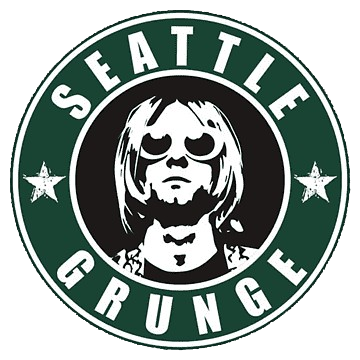By May 1969, John Lennon was just about done with The Beatles. He might not have articulated this sentiment to anyone else at that point—or even to himself—but there was still one last record to make in the form of Abbey Road, most of which was recorded during the summer months that followed. Yet it was clear from the fractious Get Back sessions earlier in the year that Lennon’s interest in his band was waning.
He has other artistic paths to forge, not least thanks to the encouragement of his new life partner, Japanese avant-garde artist Yoko Ono. Lennon’s work was also becoming more overtly political, which was at odds with The Beatles’ general approach to music.
There were signs of this shift in attitude during the White Album sessions in 1968 when he recorded two versions of a song that openly discussed the revolutionary transformation of society. The latter version, simply entitled ‘Revolution’, was released as a B-side to ‘Hey Jude’, a song Paul McCartney initially wrote to provide comfort to Lennon’s son Julian after the break-up of his parents’ marriage. The themes of the two songs couldn’t have been more contrasting. Then there was musique concrète, which was intended to describe the experience of revolutionary upheaval through a collage of sounds.
Lennon’s newfound interest in revolutionary movements was influenced by the May 1968 Revolution in France, his conversations with self-styled Marxist theorist Tariq Ali, and the upswing of anti-war protests on US college campuses in relation to Vietnam. He’d previously demonstrated his interest in spreading a social message through his songs, on the 1965 Rubber Soul track ‘The Word’ and, more significantly, on the global anthem ‘All You Need Is Love’, which captured the essence of 1967’s ‘Summer of Love’. But now, with Ono’s support, he was getting more serious about sloganeering.
The couple staged two media events which they termed “bed-ins” for world peace, inviting press, peace activists and fans into their hotel room. The first of these events took place during their honeymoon in Amsterdam before they decided to hold another in the country home to the world’s largest war machine.
So, where was the second bed-in?
Their plan to hold their second bed-in the United States was scuppered by a ban placed on Lennon’s entry to the US by immigration services, due to a prior drugs conviction. So the pair decided on the next best thing, staging it in a city close to the American border within reach of media and fans from the country. They arrived at the Queen Elizabeth Hotel in Montreal on May 26th, 1969, and invited dozens of American reporters and sympathetic celebrities into their room.
In response to one journalist’s question about their aim for the bed-in, Lennon stated earnestly, “Just give peace a chance”. Knowing from experience that the simplest statements about your cause make the best slogans, he decided to make a song out of the phrase. As Ono recalls, this happened spontaneously, with Lennon writing the bulk of the composition and his partner helping him with some of the lyrics.
At short notice, Montreal studio engineer André Perry was called to the hotel, and Lennon ran through the song with his various guests, including poet Allen Ginsburg, singer Petula Clark, and psychedelic advocate Timothy Leary. ‘Give Peace a Chance’ was recorded in a single take, with members of the local Radha Krishna Temple providing harmony vocals and comedian Tom Smothers accompanying Lennon on acoustic guitar.
The track was released as a single a month later, reaching the top five of several charts, including in the UK. But the importance of its release would only come to light months later when Beatles fans realised it was just the first of several Lennon solo projects that signalled the end of their band. And in subsequent years, when it grew in popularity as a genuine anthem for the world peace movement.
As was so often the case with Lennon’s art, his spontaneous creative impulses had produced a work which got to the heart of humanity, leaving a legacy that endures beyond his lifetime. And alongside which a week in bed pales into insignificance.




